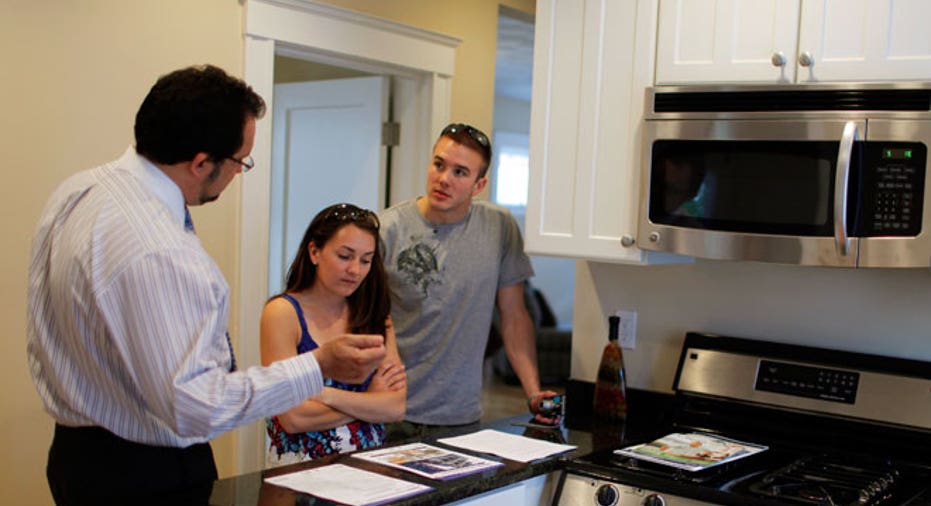Rent vs. Buy: It's Not All About Money

Interest rates are still sitting below 5%, which can be enticing for prospective home buyers, but experts say that’s not reason enough to become a homeowner.
When it comes to making the rent vs. buy decision, “individual circumstances” should dominate the verdict, says Ron Throupe, an associate professor at the University Of Delaware Daniels College Of Business. “The first thing is how long you expect to live in that area.”
A home is often the largest purchase many of us will make, and comes with significant financial demands that go beyond the listing price. That’s why Throupe says people planning to only stay in an area for a couple of years or those with a job that is likely to relocate might be better off renting.
After all, it’s important to at least break even on the closing costs and that may not happen for those that move too soon. “You incur costs to buy a home, to maintain a home and to insure a home,” says Throupe. “If you have to move, there’s costs to sell the home.”
With credit markets still tight in the wake of the 2008 housing collapse, many lenders require a 20% down payment to avoid paying private mortgage insurance (or PMI) which increases monthly mortgage payments.
Not having the finances to put down that large of a down payment might be a hint to continue renting, experts say. Lenders are also looking for a stable income stream.
“If you have stable income and have the down payment and can qualify, it can make more sense to own a house if the mortgage is less or the same as paying rent,” says Patti Frank, vice president at American Mortgage Group.
A home might be an affordable purchase now, but it’s also important to make sure it will still work in the future when finances and lifestyles change.
Throupe recommends considering the costs associated with operating and maintaining the home, along with the added costs that come with expanding families and living. It’s never a good idea to create a situation that the entire budget covers the home and there’s no room left for other things.
“You need to think about your expense ratio,” or you income to debt ratio, he says. With most lenders, borrowers’ debt can’t be more than 43% to 49% of the income, adds Frank.
While finances often play a major role in the buy or rent decision, personality should also come into play. Some people like to be responsible for fixing leaky sinks, mowing lawns and maintaining appliances, others can’t be bothered.
“A lot of people gain personal satisfaction from owning a home,” says Bob Walters, chief economist at Quicken Loans. “One of the cons of renting is if your landlord decides to sell, then you may have to move even if you like your home.”



















